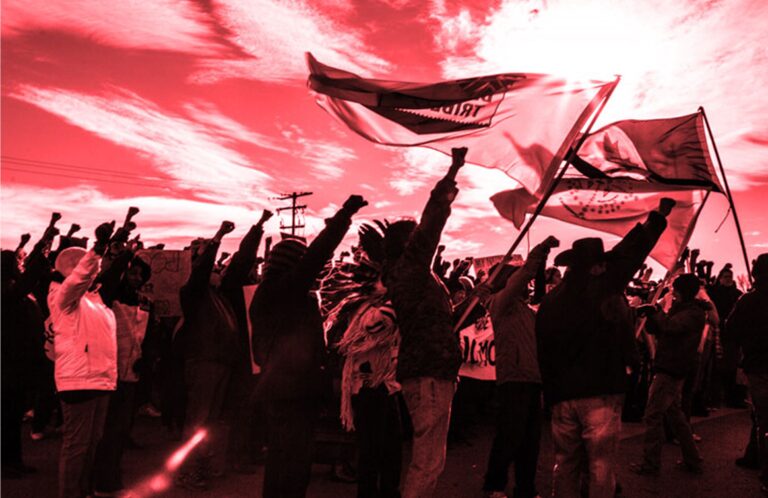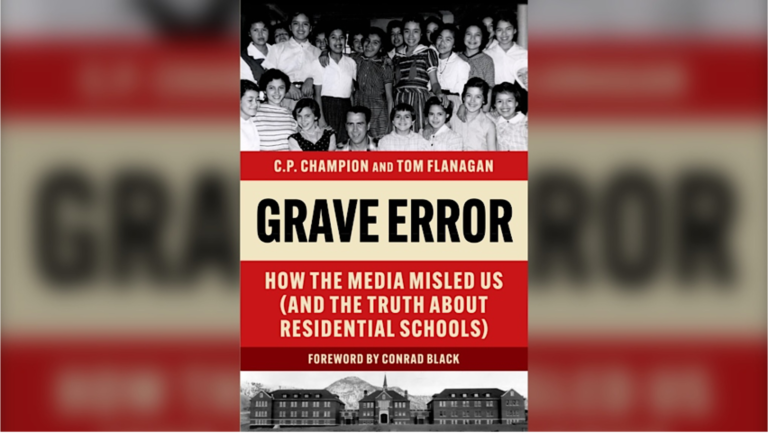Senior Associate Counsel, Miller Thomson LLP, and former Executive
Director, Centre for Cultural Renewal in Ottawa, Ontario
Interviewed by Chris Schafer, November 10th, 2009
Q. For social conservatives in Canada, what is a principal source of conflict today?
A. In my mind, some deep terminological conflicts exist today. Much of how Canadians speak of the “secular” is common parlance, but that does not make it correct and in order for fairness to occur we need better language for the public sphere.
Q. What is wrong with the “secular”?
A. The term “secular” is not a helpful term to describe the public sphere because, for most people it means “non religious” and this acts as an overly broad exclusion of such things as the public place for the contributions of religion and religious believers in all walks of life and in many co-operative aspects with the state. “Secular” has come to mean “non-religious”. It did not originally mean that at all but described the saeculorum or age or times and indicated time or the world in contradistinction to eternity or heaven. In our rush to “immanentize the eschaton” we have lost sight of what is lost when we lose the vertical orientation of life between time and eternity and attempt to replace it with a merely horizontal line divided between religion and the state.
Q. Is freedom of religion not simply the right to hold a belief?
A. No. It is much more than that. The State (law and politics) is not stripped of religious influence because law and politics are made up of citizens all of whom are “believers”. It is not a question of whether any of us are believers. We all are. It is a question of what we believe in, not whether. There is no public participation trump card given to atheist and agnostic believers over religious believers when it comes to being politicians and judges or debating for policies in our common life as citizens.
The state must not coerce an individual to affirm a specific religious belief or to manifest a specific religious practice. Freedom of religion can only have meaning if every citizen, lawyer, judge, teacher, parent, politician, social worker and so on can be what they are-which is to say have their beliefs influence their conduct. We are all believers. What we believe will influence how we act whether we are agnostic, atheist or religious.
Q. Can the “public sphere” accommodate religion?
A. The public sphere can and should accommodate fairness between atheism or agnosticism and religion. That is to say that there is every reason that religious schooling should be financed in the public realm and that religions and the State should co-operate in relation to education and health care. In this I strongly disagree with the “religion is strictly private” approach.
The public sphere is the realm of competing belief systems and what we need is to move away from the idea of liberalism (law and politics) in aid of eventual agreement on everything (“convergence liberalism”) to modus vivendi in which we develop the principles of how we live together despite disagreement and recognizing that on many key issues (i.e. abortion, marriage and military spending) we will never find agreement given our different starting points.
Q. How can we as Canadians live together?
A. Through principles such as accommodation, subsidiarity and the private/public distinction. These principles are essential to the maintenance of ordered liberty under the rule of law because they recognize contestation within the public sphere and the need to keep the public sphere open. Civil disagreement is an achievement to be sought, not something to be eradicated by law or politics.
Q. What do we risk if we fail to live together by adhering to these principles of accommodation, subsidiarity and the private/public distinction?
A. We risk tyranny. The term “secularism” is best limited to an ideology that, from the inception of the term, coined as it was by the English writer George Jacob Holyoake in 1851 was an anti-religious ideology designed to limit the place of religion in the public sphere. No doubt there is a need to limit the place of religious control or any particular belief system control of the public sphere. However, this is not best understood as “secularism” but rather “non-establishment” which is a more accurate and useful term to employ because it does not endorse an anti-religious ideology.
No particular belief system should be given priority of place in a plural liberal democracy. Only a proper recognition of the role of associations (including religious associations) in Canada can protect the move towards the hegemony of the monistic state. Suffice it so say that only mediating institutions such as family, church, clubs and so on, can provide us with protections from the “one size fits all” aspects of the homogeneous and unitive state that would, as the philosophers have recognized, be an “appalling tyranny.” Any move towards global recognition must not lose sight of local distinctives, diversity and variations.
Q. How would “associations” save us from tyranny?
A. By affirming subsidiarity, accommodation and the modus vivendi principle of the public/private distinction, the individual is neither elevated nor subsumed in relation to the associational dimensions of a community or, beyond that, the state. The three principles therefore provide a useful adjunct to the need to foster associational rights. We must fear domination either implicit or explicit by any particular belief system, particularly those working out their belief hegemony under the cloaks of neutrality as do atheism and agnosticism. Only a diversity of associations can truly protect us from the hegemony of a “secular” state.
Q. How would associations function? More specifically, should there be a divide between one’s own personally held beliefs and putting one’s beliefs into practice?
A. There is no bright line between beliefs and conduct. We base our conduct implicitly or explicitly on our beliefs. We want our citizens, all of us, to behave conscientiously and with authenticity and some of this, for some people, is based upon religious or deep metaphysical beliefs. What ground can an atheist liberal give for supporting the “dignity of the human person”? Yet many liberals unblushingly affirm this. I do not criticize them for doing so but think that their doing so is on weaker ground as atheists believing in an essentially purposeless universe than the religious believers who see the cosmos grounded in the loving action of a creator in whose image all are made and for that reason dignity should be accorded.
In any case, we are all believers and our conscientious choices will reflect our first principles. Why should an atheists’ groundless conceptions of dignity of the person be accorded more public weight than those of religious believers? That makes no sense and just smacks of anti-religious secularism trying to do its old trick of driving religious beliefs into private irrelevancy.





